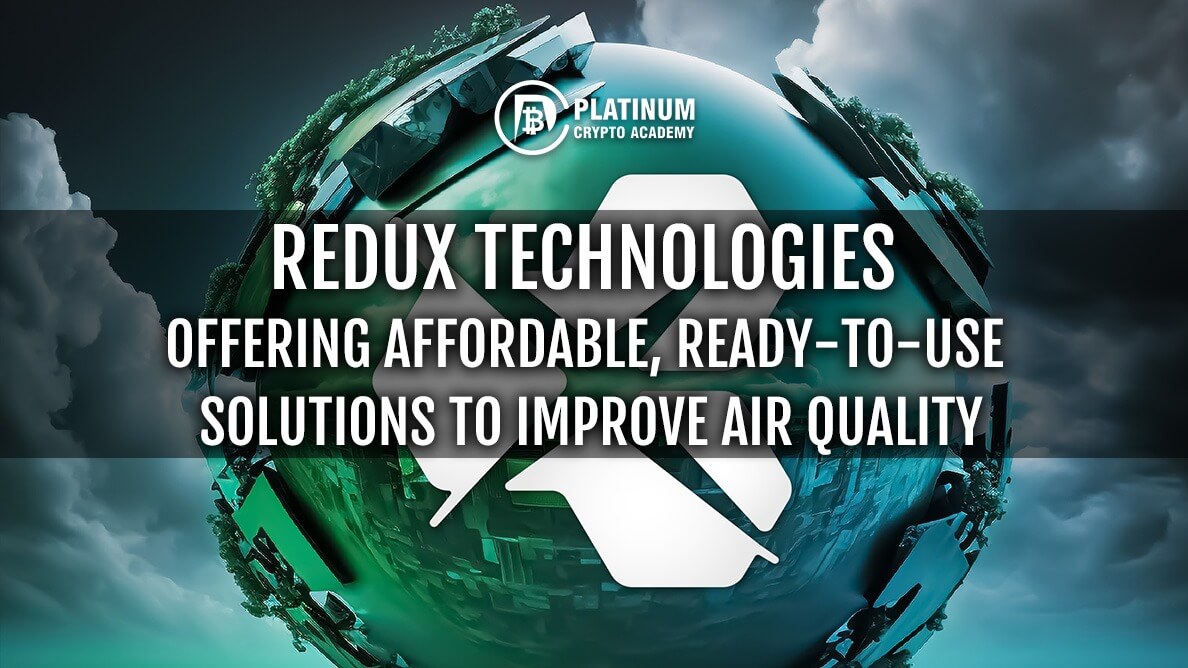Introduction
Air pollution, caused by the introduction of contaminants or harmful material into the natural environment, has far-reaching consequences on human health, the environment, and social and economic systems. Major sources of pollution include human activities such as industrial activities, poor waste management, transportation, and agriculture. In 2015, pollution was responsible for more than nine million deaths worldwide. A recent survey revealed that certain levels of pollution have exceeded planetary boundaries, threatening ecosystems around the world and disproportionately affecting vulnerable populations, including children, the elderly, and marginalized communities.
Air pollution refers to the contamination of indoor and outdoor environments by chemical, physical, or biological agents that modify the atmosphere’s natural characteristics. Common sources of air pollution include household combustion devices, motor vehicles, industrial facilities, and forest fires. Pollutants of significant public health concern include particulate matter, carbon monoxide, ozone, nitrogen dioxide, and sulfur dioxide. Both outdoor and indoor air pollution cause respiratory and other diseases, contributing to morbidity and mortality. According to the World Health Organization (WHO), nearly all of the global population breathes air that exceeds WHO guideline limits and contains high levels of pollutants, with low and middle-income countries experiencing the highest exposures.
Air quality is closely linked to the earth’s climate and global ecosystems. The combustion of fossil fuels is a major source of greenhouse gas emissions.
ReduX Overview
ReduX Technologies has developed innovative, high-tech solutions that address these problems by reducing fuel consumption, cutting emissions, combating climate change, and enhancing overall sustainability. In essence, ReduX unites economy and ecology in innovative and profitable ways. The ReduX solutions can be implemented in over three billion engines instantly and profitably.
The ReduX converter is an innovative, easy-to-implement, and efficient solution. It processes liquid fossil fuels before combustion and is compatible with fuel oil, diesel, gasoline, and kerosene. Thus, it can be used in various transportation and industrial applications, including cars, trucks, trains, ships, aircraft, and generators. The ReduX converters have been field-tested on numerous commercially available engines, and the devices are technically mature and ready for immediate practical use.
Existing engines can be modified and adapted using a simple plug-and-play method, rapidly improving their efficiency and environmental friendliness. This significantly reduces emissions from the combustion of liquid fossil fuels while improving their efficiency, using less fuel per output.
In summary, the ReduX converter reduces emissions, increases engine performance, and reduces noise pollution. It can be retrofitted and has scope for amortization. For marine engines, ReduX can provide significant fuel savings of up to 25% and reduce emissions by as much as 80%.
MORF refraction, one of ReduX Technologies’ innovative solutions, is a cutting-edge process that harnesses the power of molecular refraction to convert a wide range of residual materials into high-quality fuels, gas, and coal. By employing this technology, ReduX is revolutionizing the way energy is produced and used, significantly reducing environmental impact and promoting sustainability.
Molecular refraction is a process that involves the breaking down and rearrangement of molecular structures within a given material. In the context of MORF technology, this process is harnessed to convert low-grade organic residues into high-grade energy sources. This transformation is achieved by subjecting the raw materials to a series of physical and chemical treatments, including pressure and specific catalysts.
The MORF refraction process can be applied to a diverse array of residual materials, including biomass, organic matter, waste oil, sludge, and plastic waste. Through MORF refraction, these materials are converted into valuable fuel products, such as gasoline, diesel, and kerosene, as well as gas and coal. This not only minimizes waste but also reduces the demand for conventional fossil fuels, contributing to a greener and more sustainable energy landscape.
One of the most significant benefits of MORF technology is its ability to sequester carbon dioxide during the production process. When low-grade organic residues are subjected to MORF refraction, the separated carbon is bound as a long-term carbon dioxide reservoir. This makes the production process carbon dioxide negative, contributing to the reduction of greenhouse gas emissions and helping combat climate change.
This extracted solid carbon can be used as black earth or as a raw material for various chemical products, serving as a carbon dioxide storage solution. This further emphasizes the environmentally friendly nature of MORF technology.
MORF refraction has the potential to revolutionize the energy industry by providing a sustainable and eco-friendly alternative to traditional fossil fuels. Its compatibility with a wide range of residual materials and its ability to sequester carbon dioxide makes it an invaluable tool in the fight against climate change and resource depletion.
ReduX’s Future Plans and Commitments
ReduX Technologies aims to reduce carbon footprints and harmful emissions, save resources, reduce fuel consumption, and provide sustainable and profitable alternative energy. With its groundbreaking innovations, ReduX helps protect the environment, fight climate change, and conserve resources for the planet. It is transforming the way energy is used and produced, opening the door to a new energy universe.
To continue pursuing innovative green technologies, ReduX has set aside a portion of its resources for research and development. The company is committed to fostering sustainable solutions, making engines and energy production more efficient and environmentally friendly, and promoting a positive image for both manufacturers and users.
ReduX’s focus on sustainability, global warming, and climate preservation is timely, as climate change accelerates due to the discharge of greenhouse gases. Resources are dwindling, leading to higher prices and geopolitical conflicts that result in supply disruptions. Despite these challenges, fossil fuels remain a critical component of the global economy, and their rapid phase-out is neither possible nor viable.
Technologies that make existing fossil fuel systems more efficient and climate-friendly are urgently needed. ReduX Technologies, after years of testing and development, is now technically mature and has entered industrial production.
Conclusion
ReduX Technologies is playing a crucial role in addressing air pollution and energy production on a global scale. With innovative solutions like the ReduX converter and MORF refraction, the company effectively reduces emissions, boosts performance and conserves resources. By focusing on the positive effects on the Earth, ReduX is driving the demand for sustainable and environmentally friendly technologies. As a result, the company is well-positioned to create a lasting and meaningful impact on the well-being of our planet and its inhabitants.
Hopefully, you have enjoyed today’s article. Thanks for reading! Have a fantastic day! Live from the Platinum Crypto Trading Floor.
Earnings Disclaimer: The information you’ll find in this article is for educational purpose only. We make no promise or guarantee of income or earnings. You have to do some work, use your best judgement and perform due diligence before using the information in this article. Your success is still up to you. Nothing in this article is intended to be professional, legal, financial and/or accounting advice. Always seek competent advice from professionals in these matters. If you break the city or other local laws, we will not be held liable for any damages you incur.


